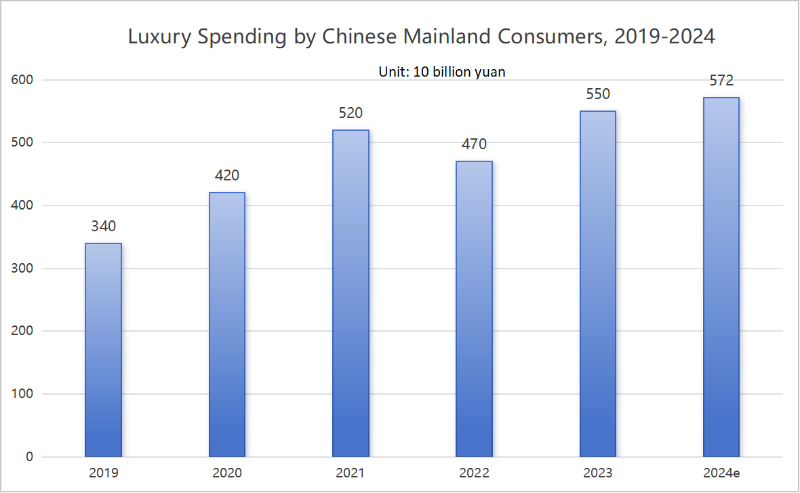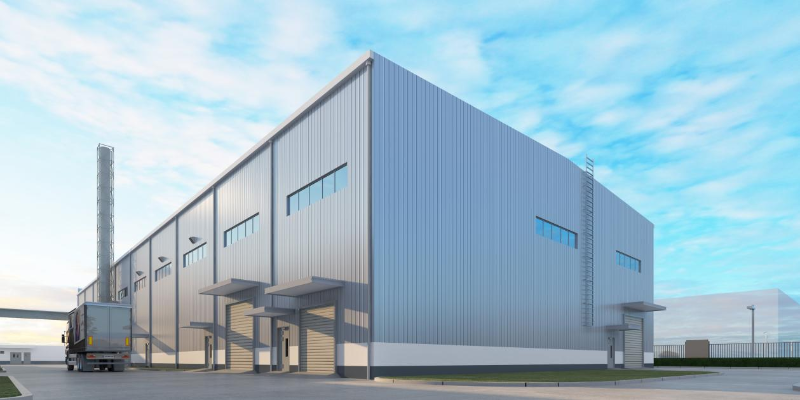
Report Analysis Part 4—Trends and Opportunities
Expansion to the Lower-tier Markets
Internet applications have penetrated every aspect of life. Without going out, people can almost satisfy their shopping, entertainment, and social needs with a smartphone. Compared with dining and shopping, online washing and dyeing is still in its infancy. There is broad room for online rate improvement.
❑ Internet laundry
“Internet laundry” is a promotion of real economy and innovation of business mode. It provides many job opportunities for the whole society, especially for people in remote regions and part-timers. At brick-and-mortar stores, online stores and offline stores work together to make offline stores reach customers at greater distances.
❑ Delivery time
Online customers pay more attention to delivery time. If the e-commerce platform has a high-efficiency service for logistics and distribution, it will have a strong competitive advantage. For example, Meituan improves its distribution ability by collaborating with errand services. Some independent laundry brands work with other industries, like fitness, beauty industry, and supermarkets for collection, or set up 24-hour intelligent pick-up and delivery cabinets to facilitate users and reduce certain logistics costs.
❑ From first-tier market to lower-tier market
After getting experience from the first-tier markets, more laundry service suppliers will increasingly copy this service mode in the lower-tier markets. By providing door-to-door laundry services for clothes and shoes in autumn and winter, they expand markets on a large scale and eventually contribute to the improvement of the online rate of the washing and dyeing industry.

Prevention from the Compliant and Conflicts
With the industry scale and the online rate increasing, the corresponding conflicts and complaints have also increased continuously. This will not only hurt the development of the industry but also damage the image of the washing and dyeing industry.
❑ Reasons why problems appear
If there is such a condition, it will have something to do with the process, fabrics, and stain types of the clothes despite the laundry itself. The clothes themselves may have some problems.
For example:
● Fabrics with a large color difference or poor colorfastness will easily contribute to color loss and color crossing.
● Some clothes that need to be dry-cleaned are added coatings, decorations, etc. that cannot be dry-cleaned.
These conditions will all make the laundry harder or even damage clothes.
❑ Importance of communication in advance
When the above conditions appear, if a customer is short of knowledge of fabrics and laundry, but has a high demand for the laundry quality, then this customer will subjectively attribute problems to the laundry service. In the process of online laundry, without face-to-face communication, the customers will always blame the laundry service for the problems instead of blaming the fake label or the poor quality of the clothes.
Most of the time, service suppliers will solve these problems with compensation. Though it works in the short term, customers will lose faith in online laundry in the long run. As a result, both the platforms and the enterprises should pay attention to the communication before the service.
❑ Solutions
Enterprises should:
● hire more customer service staff to communicate with customers on time
● train the staff to know various clothes and judge relevant professional problems
● collaborate with other industries to jointly solve problems

(1) communicate with the representative brands of clothes and shoes to ensure the washing standards of specific fabrics and types.
(2) work with the platform to refine and update cleaning standards and compensation standards.
(3) introduce the official or a third-party appraisal department to enhance the mechanisms of third-party monitoring and accountability.
Diversified Competence
In recent years, the online shoe-washing business has developed quickly, contributing to development in the daily clothing washing and dyeing industry. A few brands seize the chance and grow quickly. Despite the online shoe-washing, there are more subdivision scenes in the washing and dyeing industry worth digging into. Facing increasingly fierce competition, people should actively develop differentiated business segments of the market.
❑ Luxury washing and care
Luxury washing and care is one of the high-value scenes of daily laundry and dyeing. According to the Boston Consulting Group, China’s luxury consumption has maintained a steady growth rate of about 4% in the post-pandemic era. In 2024, the scale of luxury consumption by Chinese mainland consumers reached 572 billion yuan. With the recovery of outbound tourism and favorable exchange rate policies, much luxury goods consumption has also been generated overseas.
❑ Quick washing
Quick washing is another subdivision scenario. According to the Meituan customer survey, 28% of customers want the service to be finished in 3 days.
The stains on clothes, shoes, or home textiles which are hard to remove are the main scenario of quick washing.

In the past, there isn’t enough manpower in the peak season. Also, the cleaning and drying processes are very difficult to compress and need to be handled separately.
● However, now, quick washing can help service suppliers get more orders and increase the prices with the subdivided scenes in the low season. Especially in the door-to-door business scenario, the delivery time is included in the overall service time. By optimizing the distribution process, the service can be completed within 3 days or even 48 hours, meeting the requirements of consumers for timeliness.
Miniaturized and Specialized Laundry Factories
In the past two years, many new laundry factories came into operation, providing rich supplies for the laundry industry. Traditional laundry factories are actively receiving digital and online transformation. Links like front-line unpacking, customer service communication, checking the orders at the back-end, and package for delivery, that arose from the online requirements are strengthened according to the characteristics of online orders.
❑ Large laundry factories
Facing fiercer competition and external economic pressure, it’s a challenge for large laundry factories to avoid loss because of the higher start-up investments and operating costs. To respond to the fluctuations in demands during low and peak seasons, large laundry factories need to cover larger regions to get orders. However, long-distance transportation not only increases the logistics costs but also increases the delivery time.

❑ Small laundry factories
Despite solid professional washing and care capability, laundry factories must adopt refined operations to increase competition capability and prolong their lifespan.
The laundry factories should flexibly adjust according to the orders in low and peak seasons, the proportion of orders from different channels, the rewashing rate, the damage rate, and so on. In the future, regional small laundry factories will become increasingly popular because they have low threshold, fast production, small investment, short return cycle, and are easier to achieve refined operation. These factories are scattered in different areas and can meet the requirements of door-to-door service in this region. The logistics cost of regional development is relatively low.
Conclusion
Now, the development levels of laundry factories in different regions are different. With continuous market development and the popularization of technology, regional differences have gradually narrowed. The experience and technology of the economically developed areas will be disseminated to the less developed areas, leading to the development of laundry factories in this region. As the digitalization and intelligence of the industry increasingly develop, laundry factories must develop in terms of function layout and quality management. Small laundry factories that pursue advancement have lower transform costs and more efficient processes when upgrading the technology. It is easier for them to avoid losses in future fiercer competition.
ADD:No.388 Xinggang Road, Chongchuan District, Nantong City, 226000, Jiangsu Province, China.
-
Phone: +86-13917089379
-
Tel:+86-13917089379
-
Fax:+86-0513-85663366
-
E-mail:[email protected]








